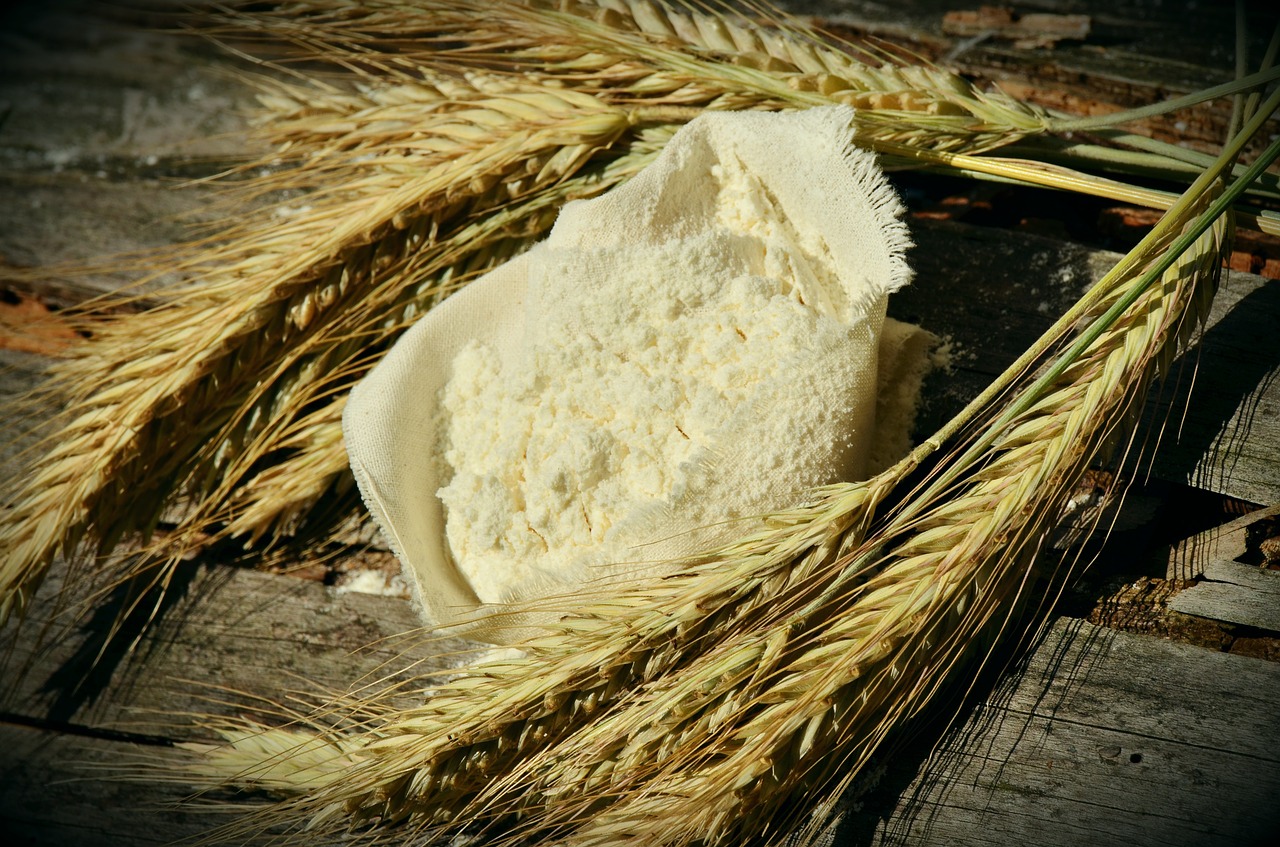How a Climate-friendly Flour Company Built a Flourishing Market
Author: | Published: February 20, 2017
Shepherd’s Grain sells not only high-quality flour made from wheat grown with no-till practices, it also sells the story of no-till, a farming method that eliminates the significant climate-warming carbon releases caused by plowing.
Based in Portland, Oregon, the company sources wheat directly from family farmers around the interior Pacific Northwest and other regions who practice no-till. Washington farmers Fred Fleming and Karl Kupers founded Shepherd’s Grain in 2002 as a way to keep more wealth on the farm by cutting out the middleman. Since then, it’s grown into a $6 million annual business, and most of its growers have an ownership stake.
The company sells its flours directly to hundreds of bakeries, restaurants, and markets in the region, from the big metro areas of Portland and Seattle to smaller cities like Boise, Idaho. National brands such as Krusteaz and Smuckers use the company’s flour, too.
“We are looking for customers who understand the true value of the product, that they can then sell to their customers,” explains Fleming. A key value proposition is that Shepherd’s Grain is helping to save family farms. “Dollars are going back to care for the land,” Fleming says. “If we don’t bring wealth back to the land, we can’t take care of it.”
Making direct connections with customers helps the company produce better flour because the bakers and restaurateurs provide vital feedback on product quality and variety. “On a quality basis, we surpass anything on the market,” says the company’s general manager, Mike Moran, who used to be the chief baker for Grand Central Baking Company in Seattle and Portland. “Part of what gives us the quality is those relationships. The farmer grows with a different level of care because, ‘I know who the crop is going to.’”

